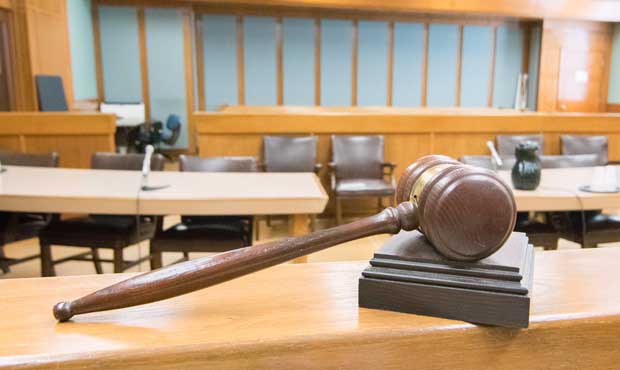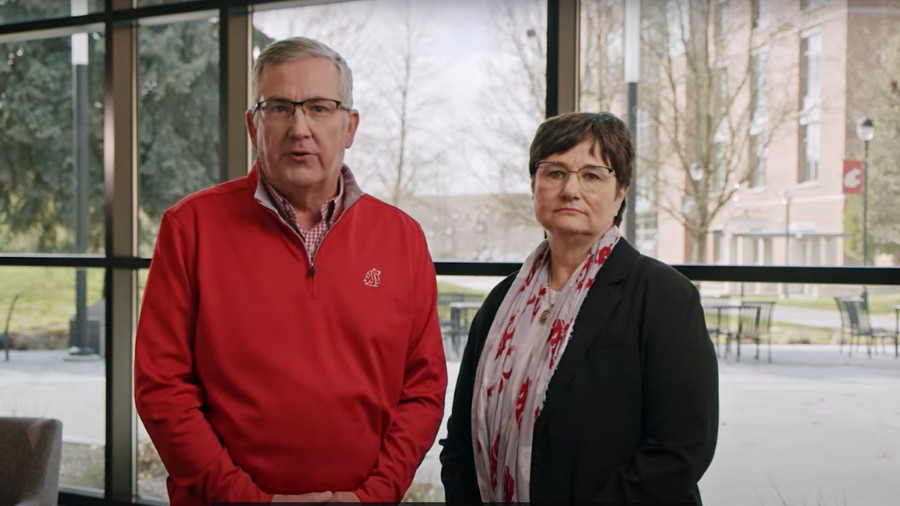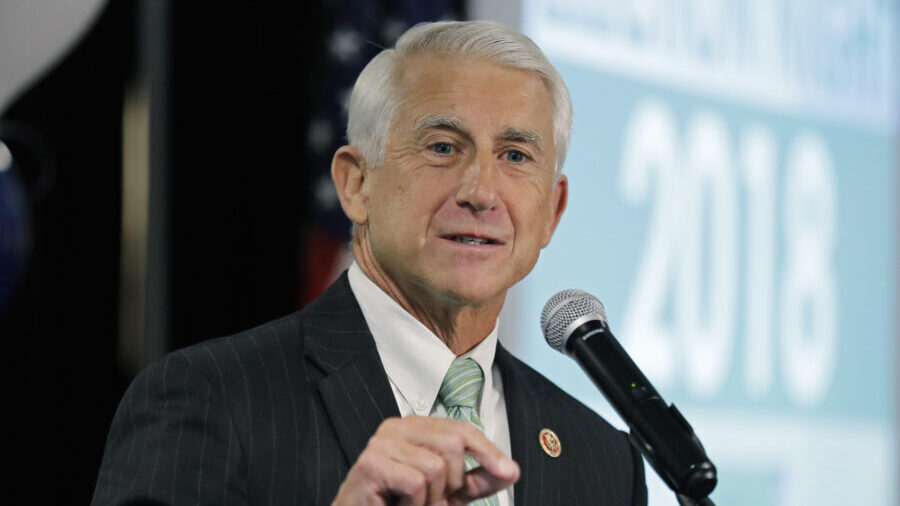King County juvenile diversion program expands to immigrant communities
Jul 16, 2019, 5:55 AM | Updated: 6:52 am
What’s the best way is to keep kids from a life of crime? Most experts will tell you it’s to never have them enter the criminal justice system in the first place. That’s the idea behind juvenile diversion programs that offer kids arrested for misdemeanors a chance to avoid the court process.
Law enforcement, prosecutors key to juvenile justice reforms
“What we want to do is hold young people accountable without getting them caught up in the system with that criminal record, which can be so harmful for young people as they continue through life,” explained Shirley Noble, program manager of Partnership for Youth Justice, King County’s juvenile diversion program.
The CABS program
Among the diversion options in King County are Community Accountability Boards – or CABS. The boards are made up of volunteers from the community that hold hearings involving kids and their families.
The hearings last about 40 minutes, and involve asking questions about the offense, a kid’s engagement in school and community, their situation at home, and more. The hope is to get a full picture of what is going on in the child’s life, and come up with an accountability plan.
“We’re able to assign kids to community service hours, different types of groups or classes, order restitution, [and] order counseling,” Noble said, adding they can even order a kid to stay away from certain people and geographical areas.
A kid then signs a diversion agreement and has to abide by whatever consequences the board decides for up to six months. If they don’t, they end up in front of a judge for traditional court.
The CAB program has actually been around since the late 1950s in King County, and has expanded in recent years to more than a dozen separate community boards.
Taking part in diversion is a choice. The county sends a letter to the family and a final notice. If they don’t hear from the family, the case goes back to the prosecutor for filing.
“As I was thumbing through the cases of families that were not responding, I began to notice that when I looked at the ethnicity, I was seeing that a lot of these families were non-English speaking families,” Noble recalled.
“A lot of times minority families have had bad experiences with the juvenile justice system, or the justice system in general. There’s a lack of trust with the justice system. There’s a lack of knowledge of understanding that here we are offering something that’s really good for your kid,” she added.
That led to the creation of the Latin X Community Accountability Board, where all of the volunteers must speak Spanish. It dramatically increased participation among that community. As a result, earlier this year Noble expanded it, getting another set of volunteers to create the newest board: The East African CAB.
A key piece to the puzzle
Ayanle Ismail is one of the volunteers, and says bringing that cultural piece to juvenile diversion is important. That’s because a lot of parents in these cases were not born here, and are used to the way kids were dealt with in their culture.
“When an individual gets into trouble, back home, it’s like the saying of ‘it takes a village to raise a child,’ meaning that there’s no punishment,” Ismail explained.
“Coming into the American system, it is a whole entire new world. So coming here, the parent still has the idea of ‘my child shouldn’t be punished.’ This is nothing compared to what we’ve seen people do,” he added.
Part of what they do is bridging that gap, and educating the parents on what the juvenile justice system is. That can prove a difficult concept for some, according to volunteer Faduma Ahmed.
“If their child is penalized for shoplifting, they [the parent] were like, ‘well, they put it back. I’ll discipline at home, I’ll handle it, it’s done.’ This whole concept of youth incarceration over misdemeanor is such a new phenomenon for us,” Ahmed explained.
Lawmakers, cops expand LEAD program across Washington state
While most of the kids are savvier about American culture and the rules than their parents, they don’t always understand the weight of what they’ve done.
“I knew what I was doing was wrong, but I didn’t (understand) … the punishment, the consequences,” one teen who just had his hearing at the East African CAB said.
“We just had a counseling talk here and they basically gave me a sentencing, community service hours,” he added, not wanting to share the details of his offense or his name.
The teen hopes to go on to college after high school, and says he didn’t realize his misdemeanor offense could put that and more at risk.
“I was really scared, it would just like jeopardize everything for me and my family,” he said.
He was especially worried about his mom.
“She’s a single mom in a family of eight, and it’s really hard for her, and I just … I’m really sorry,” he said as he looked across the table at his mom.
He’s grateful to have the opportunity for juvenile diversion as a form of accountability and to keep his record clean, as is his mom.
“It is good opportunity for him, also for next generation … he’s an example. I really say thank you,” mom said.
Juvenile diversion
As for the teen – his community service will come with volunteering, and sharing his story with other kids, among other sanctions. He doesn’t see it as punishment but as a warning to adjust course, and is confident he’s learned his lesson.
That’s the idea.
“That diversion piece is actually that moment we say ‘put everything to a stop, let’s talk about which direction you’re heading.’ That’s where the conversation starts and getting the parents involved; getting the child involved so that that child doesn’t head to the direction of felony, or getting into gangs. So before it even gets to that, we want to make sure that we put a stop to it,” Ismail explained.
The hope is the lesson learned with each kid carries on into their community both now, and later.
“It’s sort of like creating an awareness of ‘Oh my God, now people know, I’m going to be held accountable, my mom is involved,’ and we put them in spaces that are familiar, [and] that create positive connections. Hopefully, that in the end will work out. They graduate high school, they go to college, they come back, they volunteer,” Ahmed said.














